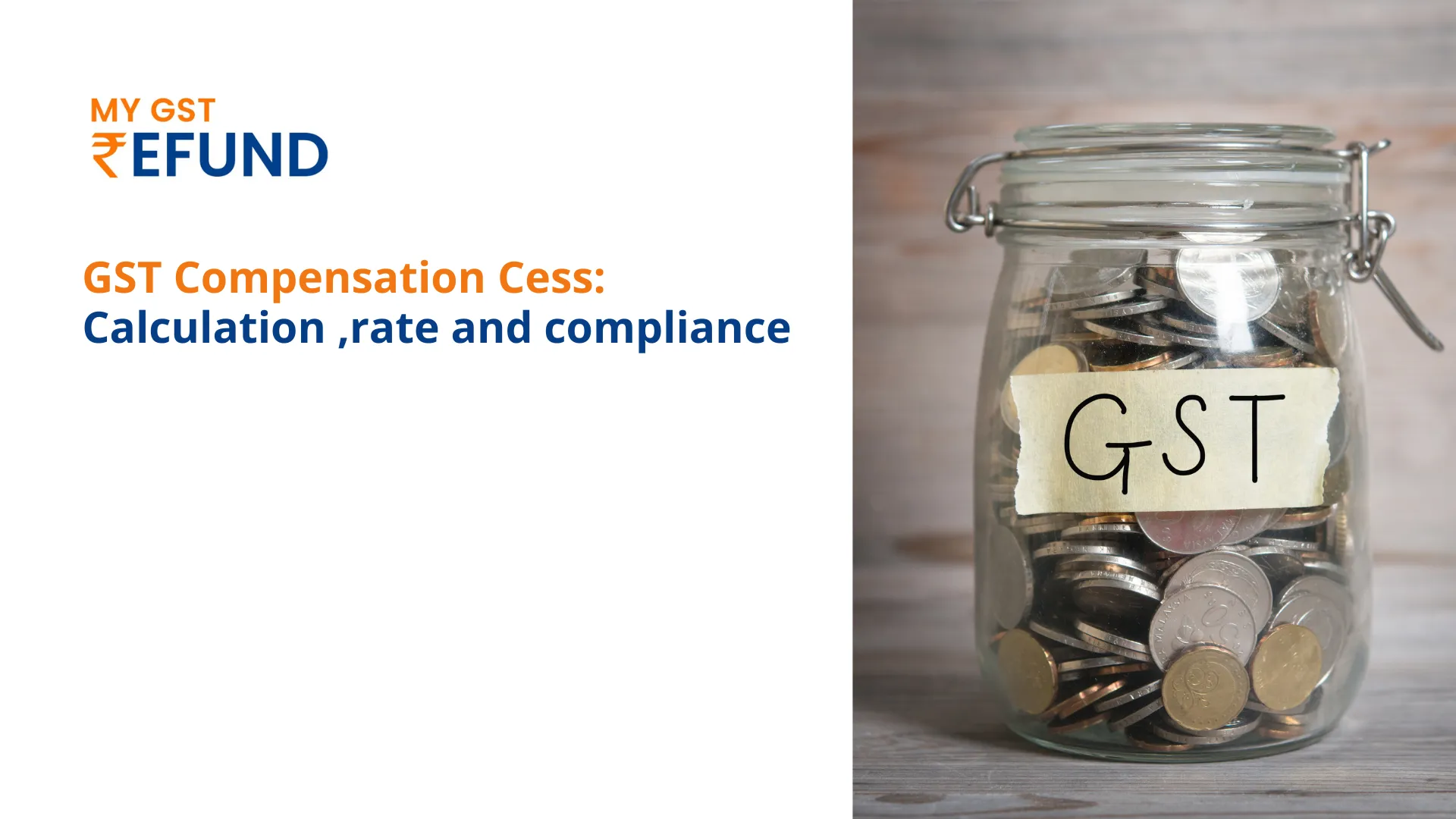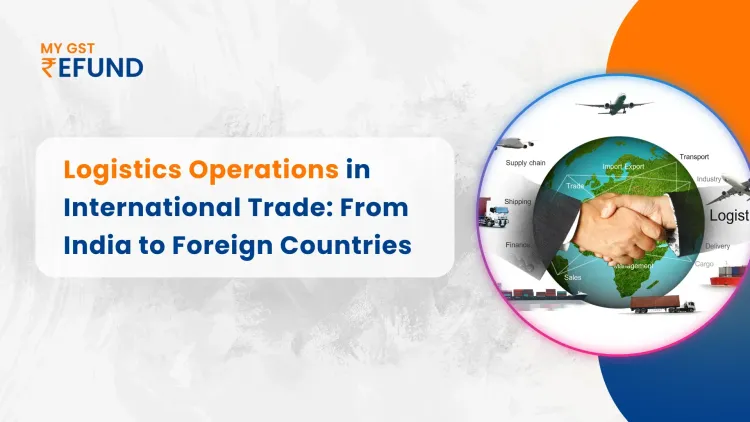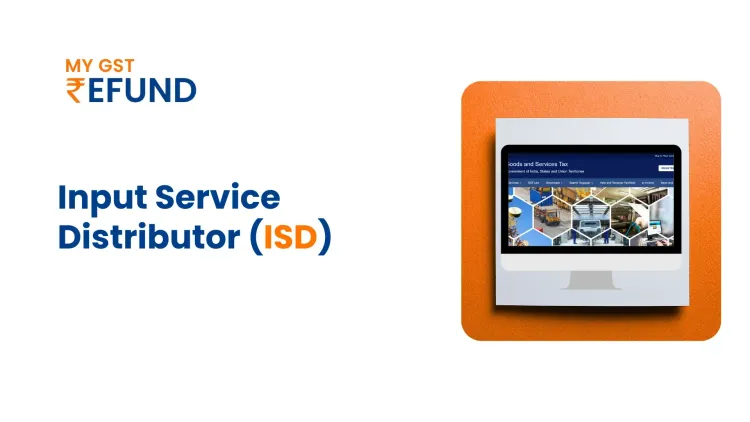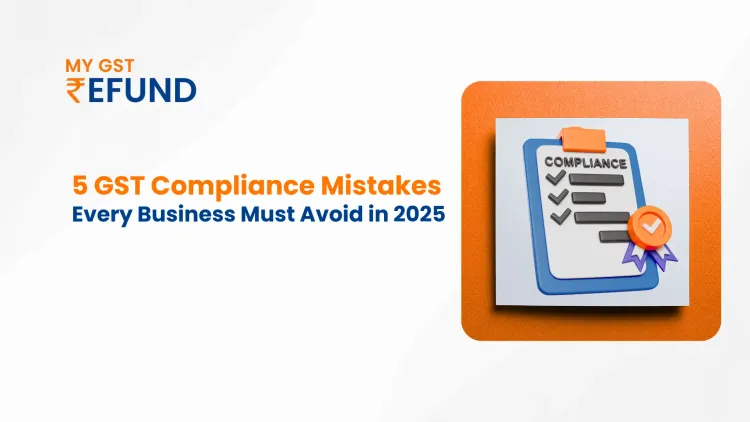GST Compensation Cess
GST Cess is an additional tax levied by Indian government to enable states cope up with any financial setbacks due to new GST regime. This tax applies to both goods and services sold within a state as well those traded across the state borders. The primary aim of GST Cess is ensuring states do not suffer from loss due changes occasioned by introduction of GST. This paper will clarify on where GST Cess is applied, its cost and how it is arrived at.
Why is the GST cess charged ?
Since GST is consumption-based i.e., where goods and services are located, taxes would accrue to states in which such commodities are consumed. All of which suggest that some states that use to be net exporters in terms of saleable products may later find themselves disadvantaged when it comes to collection of taxes because they will be taxed less than before. To offset this decrease in revenue flow from central government introduced GST compensation cess.This extra taxation will however only last five years after the introduction of Goods and Services Tax (Compensation to State) Act 2017 this way those counties retain their financial bases.
Usage of GST cess
All the money collected from the GST Compensation Cess goes into a special fund called the Goods and Services Tax Compensation Fund. This fund is used to make up for the loss of tax revenue that states might face due to GST. If there’s any money left in the fund after the 5-year period, it will be split equally between the Central Government and the State Governments. The State Governments will get their share based on their tax revenues from the previous year.
Applicability
GST Cess applies to certain goods and services that the Central Government has listed. It covers both goods and services sold within a state and those sold between states. Most businesses, except those using a special simplified tax scheme, are required to collect and pay this extra tax. The following items are subject to GST Cess:
- Pan Masala
- Tobacco products and substitutes
- Coal and similar solid fuels made from coal
- Fizzy drinks
- Cars and other vehicles mainly used to transport people (excluding those that carry ten or more people, including the driver), such as station wagons and race cars
- Any other items the government may add to the list in the future
How to Calculate ?
In case the goods or service attracts GST cess, cess must be calculated on the basis of the taxable value of the supply and as provided in the GST cess rate schedule. In case GST cess is applicable on goods imported into India, then cess must be levied and collected along with the IGST and customs duty.For example, if the assessable value of goods imported into India is Rs. 200/-, the GST rate is 18%, and customs duty is 10%.
Then IGST tax payable would be calculated as:
Assessable Value= Rs. 200/-
Basic Customs Duty (BCD) = Rs. 20/-
Value for the purpose of levying IGST = Rs. 220/-
GST – Integrated Tax = 18% of Rs.220/- = Rs. 39.6
Total Taxes = Rs. 59.80
If the goods attract GST Compensation Cess, then GST Compensation Cess would be levied on Rs. 220/-, as Compensation Cess is not levied
GST cess rate IGST.
GST cess rate on Tobacco and Tobacco Products
GST cess rate on Cigarettes
GST cess rate on other tobacco products
GST cess rate on other tobacco products
GST cess rate on motor vehicles
Conclusion
In conclusion, GST Cess is an extra tax introduced to support states that might lose revenue due to the new GST system. It applies to certain goods and services, such as tobacco and luxury cars, with the money collected going into a special fund to help cover state losses. After five years, any remaining funds will be shared between the central and state governments.
Also Read: Navigating GST Litigation and Notices
Related Posts








